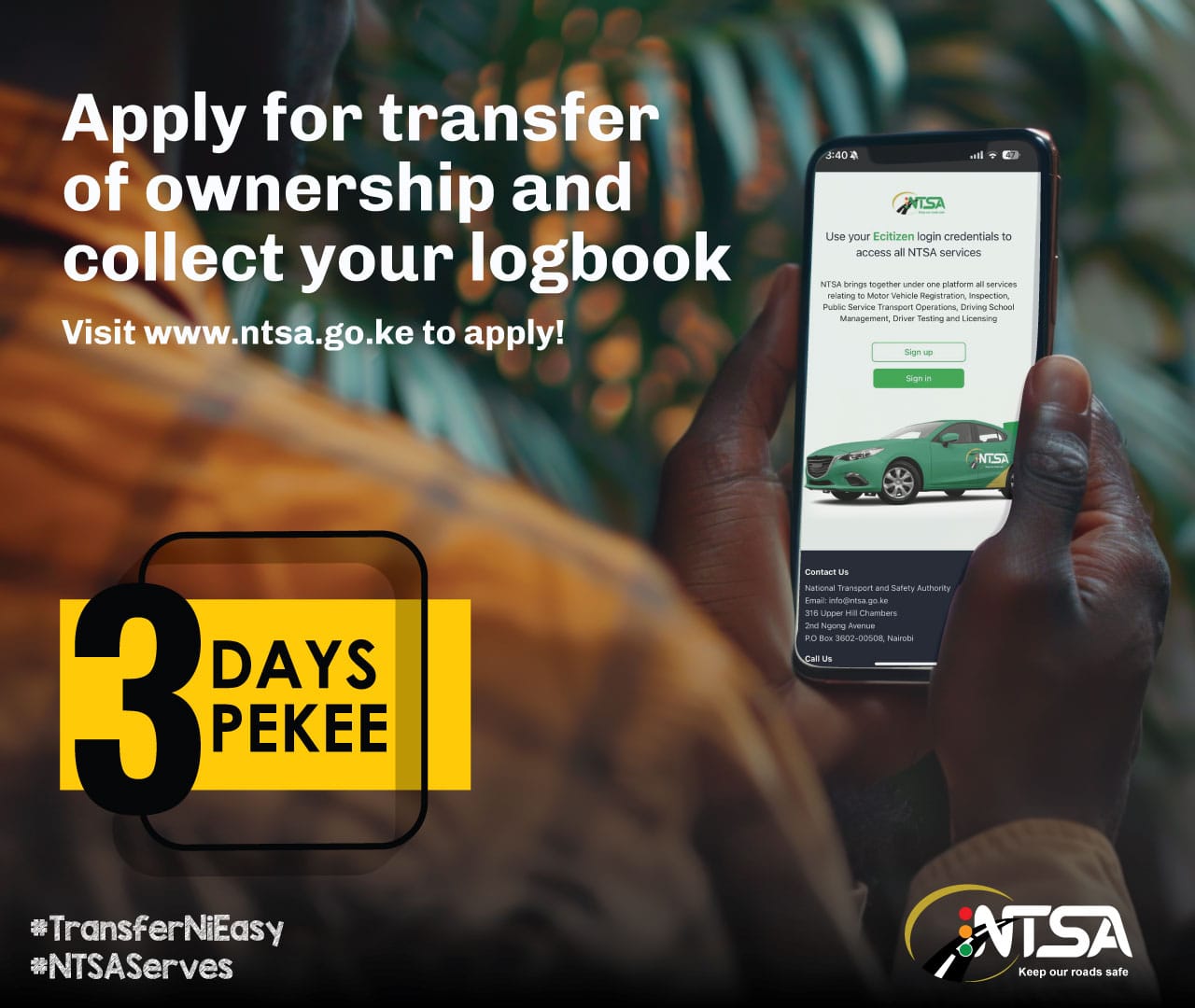Kenya’s position as a Digital Media Hub gaining momentum
The Government through the Ministry of ICT, Innovation and Youth Affairs in collaboration with South Korean government launched a feasibility study for the Konza Digital Media City (DMC) project that is being implemented at the Konza Technopolis with the support of Korea-Exim Bank the official export credit agency of South Korea.
This follows the successful implementation of a pre-feasibility study of the project which was completed in August 2019. The program is being implemented by the Konza Technopolis Development Authority (KoTDA) with financial support from the South Korean Government through the Korea Trade Investment Promotion Agency (KOTRA). This is under the Knowledge Sharing Program (KSP) that was launched in 2018, a platform for development cooperation, by Korea aiming to share knowledge with partner countries and develop a solid foundation for the expansion of economic and political cooperation.
Speaking during an online launch event, ICT & Innovation Principal Secretary Mr. Jerome Ochieng’ said that the project is aimed at creating a media hub that will support the creative sector in the country through offering training, research and innovation.
“Under the DMC project is a proposal to develop a media hub at Konza Technopolis whose main objective is to promote the development of the creative and cultural sector to be a key economic driver for the nation and the region in general. The project is envisioned to provide an ecosystem that promotes training, research and innovation in the digital media and entertainment industries in Kenya and the African region,” he said.
PS Ochieng’ further said that the digital media city is a fast-growing sector that has the potential to propel the economy, noting that the project once completed will help create job opportunities for the Kenyan youth and support the economy.
“Media and Entertainment industry is among the sectors of the economy with a promise of faster growth and a huge contribution to youth employment and economic development. Looking into the future, once completed the project is estimated to generate about 47,000 job opportunities with considerable economic impact of approximately USD$ 165.7 million to surrounding communities, regions and the national economy,” added Mr. Ochieng’.
He further noted that the project’s feasibility study which is supported by a grant from the Export Import Bank of Korea is progressing well and is currently at the midterm stage despite the COVID-19 Pandemic.
The program will cover policy recommendations for marketing strategies, the designing of the curriculum for digital media content development specifically for gaming and animations segments, a study on KoTDA’s capacity development strategy as well as training to strengthen the capacity of digital media content development.
The South Korean Ambassador to Kenya, Choi, Yeong Han said South Korea said knowledge sharing is vital as it helps in building close partnerships.
“We will continue to share with Kenya our best practice in various areas of cooperation. We will use this opportunity to expand views and also build networks,” he added.
On his part, Dr. Jihed Jemai, a researcher at IFRE Consortium said Kenya has a potential market of 200 million Swahili speakers and once the Digital Media City project takes off, it will have positive and commercial impact.
KoTDA Chief Executive Officer, Eng. John Tanui said the Authority was pleased to host this key project that will further enhance cooperation with the South Korean Government.
The Digital Media City, he added, will open up opportunities in gaming, animation and photography, among others.
Also present during the launch was Dr. Hiram Mucheke, Director Kenya Institute of Mass Communication (KIMC). Also in attendance were representatives from the Communication Authority of Kenya, Kenya Film Commission and Kenya Broadcasting Corporation (KBC) among others.
South Korea initiated the Knowledge Sharing Program (KSP) as a development cooperation project that aims to support partner countries achieve sustainable socio-economic development based on Korea’s development experience. The program provides support to countries in the form of policy research, advisory and training programs for capacity building that are customized to their development phase and needs.



